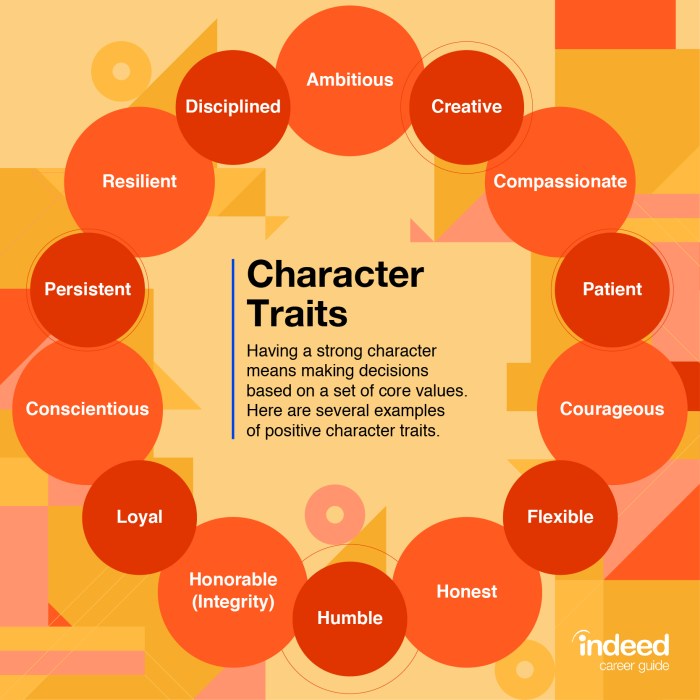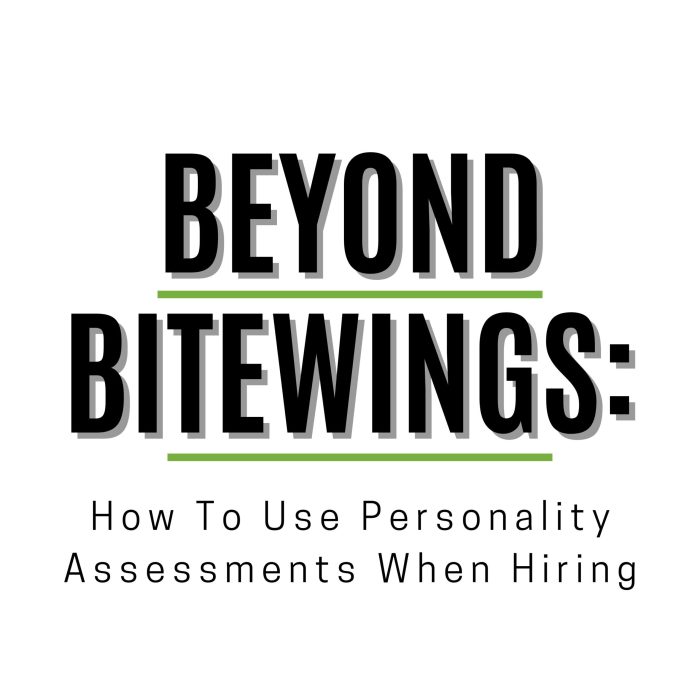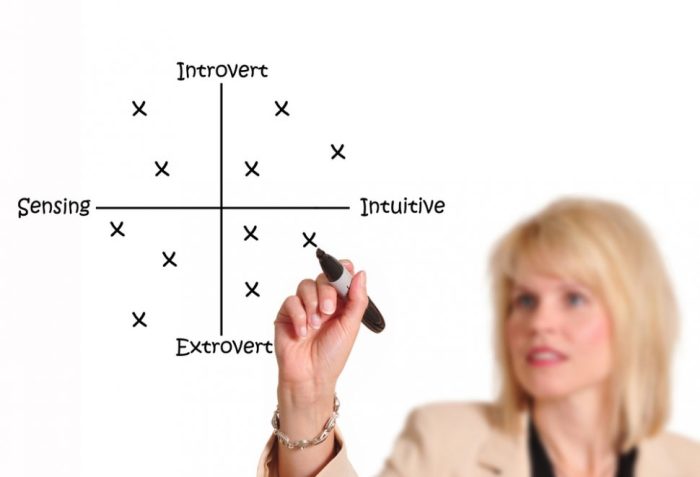Business and industry hiring is one use for personality assessments, and it has taken center stage in the realm of recruitment. As organizations strive to make informed hiring decisions, personality assessments have emerged as a valuable tool, providing insights into candidates’ traits, behaviors, and motivations.
This article delves into the world of personality assessments, exploring their role in business and industry hiring, the types available, and the ethical considerations involved.
Personality assessments offer a systematic approach to evaluating candidates, complementing traditional methods such as interviews and reference checks. They provide objective data that can help hiring managers identify individuals who are a good fit for the organization’s culture, values, and job requirements.
1. Business and Industry Hiring
An Overview
Personality assessments play a crucial role in business and industry hiring by providing valuable insights into candidates’ traits, behaviors, and motivations. These assessments help employers make informed hiring decisions, improve job performance, and foster a positive work environment.
Personality assessments are used in various stages of the hiring process, including screening candidates, assessing fit for specific roles, and identifying potential leadership qualities. By leveraging personality data, employers can tailor their hiring strategies to select individuals who align with the organization’s values, culture, and job requirements.
Benefits of using personality assessments in hiring include:
- Improved candidate screening: Assessments can identify candidates who possess the necessary personality traits for success in the role.
- Enhanced job performance: By matching candidates to suitable positions, organizations can increase productivity and employee satisfaction.
- Reduced turnover: Assessments help identify candidates who are likely to be engaged and committed to the organization.
2. Types of Personality Assessments

There are various types of personality assessments available, each with its own strengths and weaknesses. Common types include:
- Self-report assessments:Candidates provide responses to questions about their personality traits and behaviors.
- Observational assessments:Assessors observe candidates’ behaviors in simulated work situations or during interviews.
- Projective assessments:Candidates interpret ambiguous stimuli, revealing their underlying thoughts and feelings.
When choosing a personality assessment, factors to consider include the purpose of the assessment, the target population, and the cost and time constraints.
3. Using Personality Assessments in Hiring: Business And Industry Hiring Is One Use For Personality Assessments

Developing a personality assessment strategy involves determining the assessment goals, selecting the appropriate assessment, and establishing clear criteria for interpreting results. The process of administering and scoring personality assessments typically involves:
- Candidate instructions and informed consent.
- Assessment completion by candidates.
- Scoring and interpretation of results by trained professionals.
Ethical considerations in using personality assessments include respecting candidate privacy, ensuring fair and unbiased assessments, and using results solely for legitimate hiring purposes.
4. Interpreting Personality Assessment Results

Interpreting personality assessment results involves understanding the assessment’s theoretical framework, the validity and reliability of the assessment, and the candidate’s individual profile. Common pitfalls include:
- Overgeneralizing results:Assessments provide insights into personality traits, not absolute predictions of behavior.
- Assuming causality:Personality traits do not necessarily cause specific behaviors.
- Ignoring contextual factors:Assessments should be interpreted in the context of the candidate’s environment and job requirements.
To ensure accurate interpretations, it is essential to use multiple sources of information, such as interviews, reference checks, and job performance data.
5. Using Personality Assessments to Improve Hiring Outcomes

Tips for using personality assessments to improve hiring outcomes include:
- Combine with other hiring tools:Assessments complement other selection methods, such as interviews and job simulations.
- Use results to identify potential risks and strengths:Assessments can highlight areas where candidates may need support or development.
- Provide feedback to candidates:Assessment results can provide valuable feedback to candidates on their strengths and areas for growth.
By following best practices, organizations can leverage personality assessments to make informed hiring decisions, improve job performance, and foster a positive and productive work environment.
Frequently Asked Questions
What are the benefits of using personality assessments in hiring?
Personality assessments provide objective data on candidates’ traits, behaviors, and motivations, helping organizations identify individuals who are a good fit for the organization’s culture, values, and job requirements.
What are the different types of personality assessments available?
There are various types of personality assessments available, each with its strengths and weaknesses. Some common types include self-report inventories, projective tests, and behavioral assessments.
How can I develop a personality assessment strategy?
To develop a personality assessment strategy, organizations should consider the specific job requirements, the organizational culture, and the desired outcomes. It is also important to involve HR professionals and subject matter experts in the process.